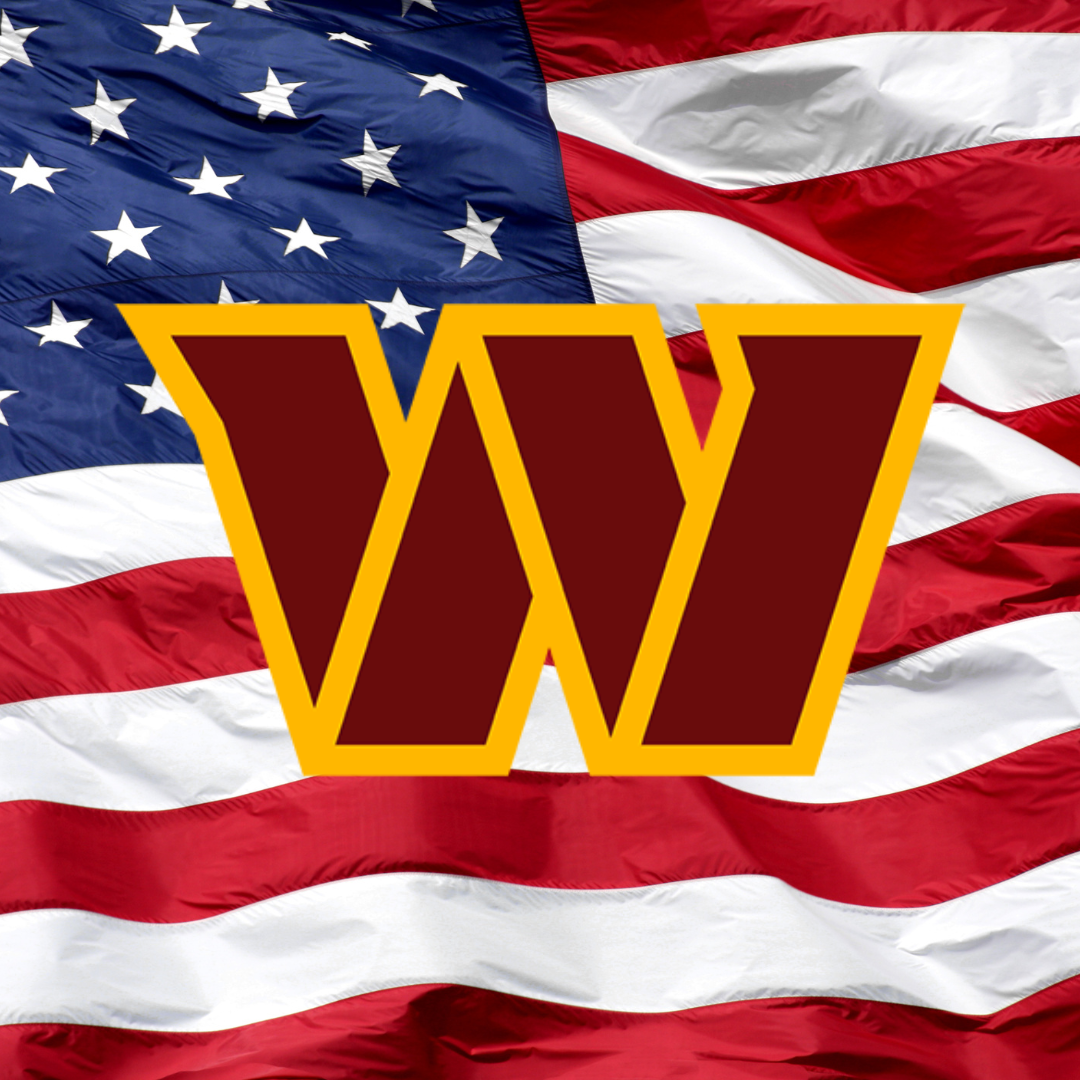Did the Washington Commanders seal a victory for Vice President Kamala Harris, or is the “Redskins Rule” just a Hail Mary for Democratic hopefuls?
Before they were the Washington Commanders, they were the Washington Redskins, and before that, they were the Boston Redskins. The football franchise moved from Boston to the nation’s capital in 1937. Since 1937, there have been 19 elections. In 17 of those elections, the “Redskins Rule” has rung true.
The original rule states that if Washington wins their final home game before the election, the party of the incumbent candidate will win the presidential election.
When former President Ronald Reagan trounced other former President Jimmy Carter in 1980, the Minnesota Vikings trounced Washington, 39-14. When it was Reagan’s turn to defend the presidency against former Vice President Walter Mondale, Washington defended home turf against the Atlanta Falcons, defeating the birds, 27-14.
It wasn’t just Reagan’s candidacy that benefited from the rule. For 16 straight elections, the rule stood firm. Former President John F. Kennedy surprising other former President Richard Nixon? Washington lost to the Cleveland Browns 31-10. When former President Dwight D. Eisenhower defeated former Illinois Gov. Adlai Stevenson II in 1952? Washington narrowly falls to the Pittsburgh Steelers at home, 24-23.
Elias Sports Bureau’s Executive Vice President Steve Hindt finally noticed the rule in 2000. In a good sign for former President George W. Bush and the challenging Republican Party, the Tennessee Titans marched into Washington and took a 27-21 win. Former Vice President Al Gore would concede the election to Bush after a lengthy legal battle for the deciding Florida electoral votes.
In 2004, Washington lost to the Green Bay Packers in their final home game, signaling the end of the incumbent Bush presidency. Unfortunately for the rule, Bush defeated then-Massachusetts Sen. John Kerry by 35 electoral votes that year. This snapped a 60-year streak of the “Redskins Rule” determining the election winner.
After the rule was broken, Hindt went back to the drawing board. He theorized that perhaps the rule only applied to the popular vote. After all, Gore had gotten more total votes than Bush in 2000. He officially coined the “Redskins Rule 2.0,” which stated that when the popular vote winner does not win the previous election, the result of the Washington game has a flipped impact.
This change seemed to work fine as another loss to the Steelers correctly predicted a victory for former President Barack Obama over former Arizona Sen. John McCain. Obama not only broke racial barriers; he broke the “Redskins Rule 2.0.” He retained the presidency in 2012 against then-Utah Sen. Mitt Romney despite a Washington loss to the Carolina Panthers in their last home game before the election.
The rule was broken again in 2016 and 2020, with former President Donald Trump’s 1-1 election record not coinciding with Washington’s 2-0 performances in those years.
On Oct. 27, Washington found themselves trailing by two points with an entire field left to conquer and only 23 seconds left on the clock. A quick pass to Terry McLaurin put them in a position to attempt a desperation pass on the game’s final play. With a throw that could determine who gets to run the country for the next four years, rookie quarterback Jayden Daniels heaved a 50-yard pass toward the end zone, which was batted in the air before falling to Noah Brown for a Washington victory.
The Chicago Bears’ decision to draft Caleb Williams over Daniels with the first overall pick in the 2024 draft has already looked like a poor decision. Daniels has -400 odds to win Rookie of the Year midway through the season. They might have reconsidered their choice if they knew that Daniels’ football abilities could sway elections.
With Biden taking the popular vote in 2020, the rule is inverted, which would mean that the last-second victory indicates a Harris presidency.
When this is published, the election winner will hopefully be known. Will the “Redskins Rule” be back? It is impossible to be sure. The Washington Commanders are indeed back. The Chicago Bears are definitely not back.






































































































































































































